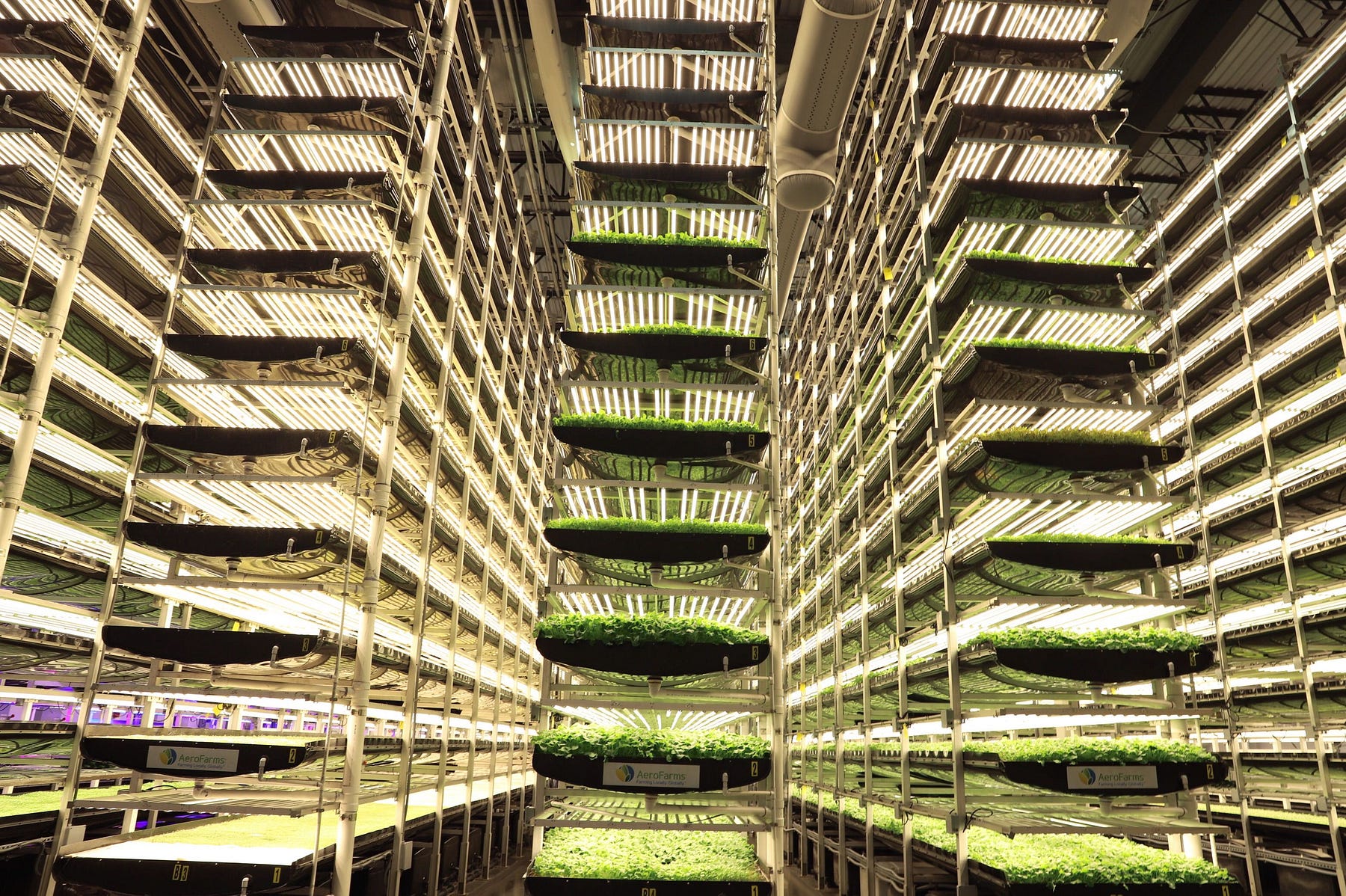In the recent annual meeting of the World Economic Forum (WEF), I had the honor of hearing firsthand one of the biggest voices in Davos this year — 15-year-old climate activist Greta Thunberg struck everyone to the core when she poignantly stated during her speech that “our house is on fire.”
Understandably, the major focus at Davos this year was the state of our environment and the immediate solutions that urgently need to be put in place by corporations, NGOs and governments to slow down and reverse climate change. Late last year, the Intergovernmental Panel on Climate Change issued a major warning in that we have approximately 12 years left to limit global warming to 1.5°C above pre-industrial levels to avoid irreversible consequences. The Global Risks Report 2019, published earlier this year, had an even more urgent timeline stating that over the next 10 years extreme weather and climate-change policy failures are going to pose the gravest threats to humanity.
The task at hand is enormous, and the consequences are devastating, but Sir David Attenborough, one of the most powerful voices at Davos this year, said it best:
“The only conditions modern humans have ever known are changing and changing fast … It is tempting and understandable to ignore the evidence and carry on as usual or to be filled with doom and gloom. … We need to move beyond guilt or blame and get on with the practical tasks at hand.”
Now is the time to work together to use the best breakthrough technologies and the most impactful policy measures to do more with less so we can set our planet on a path to recovery — especially in agriculture. While agriculture is one of the most important industries in the world, it is also one of the largest contributors to water contamination and global pollution. Overuse of pesticides and fertilizers, degradation of healthy soil, water overuse, shipping produce thousands of miles across the country where it often spoils before being eaten — these are all just some of the hidden environmental costs that need to be addressed quickly.
At AeroFarms we have made a commitment, as a B-Corporation and mission-driven company, to do what is right for the food system and for the environment. We have designed every aspect of our operations and our business to embody circular and cradle-to-cradle thinking. First and foremost, our aeroponic growing towers are a closed-loop system, recycling the water and nutrients with virtually zero waste. Our patented growing system mists the roots of our plants with targeted nutrients, water, and oxygen. This system uses up to 95% less water than field farming to grow high-quality produce faster and more efficiently, with zero pesticides. After testing hundreds of growth media for our plants, we have developed a patented, reusable cloth medium made out of 100% recycled materials for seeding, germinating, growing, and harvesting.

There has never been a more exciting time to be part of an industry where catalytic organizations like AeroFarms are revolutionizing our food paradigm and solving some of the world’s biggest problems. This year, AeroFarms boldly evolved our mission statement to emphasize this commitment to do a lot more with a lot less, to lift the world’s understanding of plant biology, and to enable local food production at scale all over the world:
To grow the best plants possible for the betterment of humanity.
I would encourage anyone who is committed to food security for the sake of future generations to join our movement. I invite you to follow AeroFarms’ story and to engage in our journey as we work towards a more sustainable future.
— David Rosenberg, Co-Founder & CEO of AeroFarms and Co-Chair of the YGL Circular Economy Taskforce and the Technology and Innovation Group of Agriculture
Tags: AeroFarms, agtech, David Rosenberg, Davos, Indoor Vertical Farming, WEF

